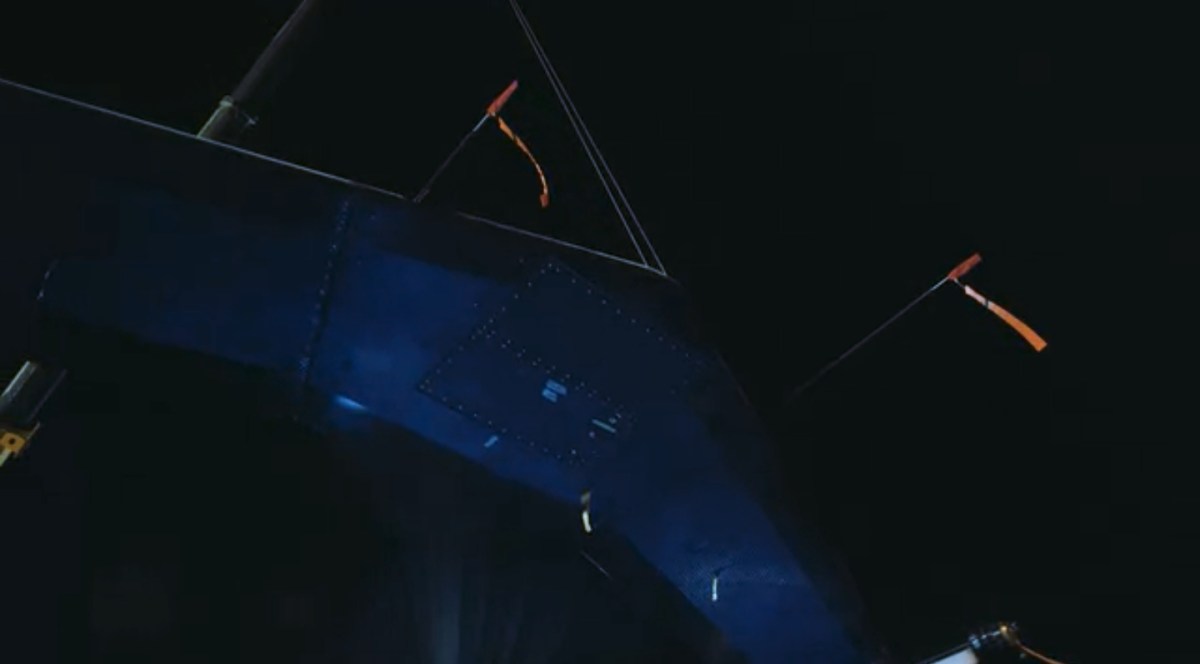Facebook’s quest to offer more accessible internet services to the rest of the world continues onward and upward, into the literal sky, with the maiden voyage of their new drone, Aquila. Fun fact about the name: it means “Eagle” in Latin, and it was originally a boys’ name, although when I heard it in this video, I assumed the name of the drone was the girls’ name Akeelah. Now that I’ve seen it written out, though, I can tell that Aquila is clearly a boy drone, so I guess I better come up with a better phrase to use than “maiden voyage,” hm?
Okay, so, jokes about gendering a drone aside, this is pretty exciting news. As Wired‘s coverage explains, Aquila provides internet access to the areas underneath it, and the final design will be outfitted with solar power so that the drone can fly around for years without needing any fuel. It won’t last forever, because those parts will undergo a lot of weather-related wear-and-tear, but the final design projects that these drones could last several years before needing to be replaced.
Facebook plans to provide the final designs to countries where internet coverage is scarce. As the video up top explains, “Facebook doesn’t actually want to operate these drones; so plan is to give the designs away, so that local governments or internet service providers can fly them, delivering signals to rural areas down on Earth.”
Facebook’s other attempts to offer more accessible internet services to more people haven’t always worked out as planned. For example, Facebook recently worked with an internet service provider in India to provide more access through a service called “Free Basics,” which included a pared-down version of Facebook (and not much else). Unfortunately, by doing this, Facebook made it more difficult for other ISPs to compete with the low low price of”free”, so ironically, the program ended up making internet access more limited overall. Facebook’s “free internet” idea wreaked havoc on India’s local economy by creating an option that wasn’t particularly good but also was too cheap to be matched by other internet service providers.
Facebook also has partnered with French satellite operator Eutelsat to get more internet access available in remote areas of Africa. Increased internet connectivity has already benefited the tech industry in Africa, so the satellite idea seems like a good thing, but after seeing Facebook’s recent failures when it came to working with ISPs in India, it’s hard to feel confident about their satellite idea or their recent drone idea.
Since Facebook plans to sell the drone designs to “local governments and internet service providers,” however, it seems as though they’ve learned a lesson or two. That method seems like a better idea than Facebook claiming ownership of the drones and becoming a worldwide dominator in the field of internet access, which would end up impacting local economies and giving Facebook an unnerving monopoly on drone-powered wifi. Making the drone designs available to local communities and companies, who can then decide how to employ them, sounds like a better move—but I’m sure there’s still a few ways this could all go horribly wrong (e.g. drones impacting local wildlife).
But, hey. The drones aren’t going to be fully designed with solar power enhancements for another couple of years, so there’s still some time to work out the kinks!
(via Wired, image via screenshot)
—The Mary Sue has a strict comment policy that forbids, but is not limited to, personal insults toward anyone, hate speech, and trolling.—
Follow The Mary Sue on Twitter, Facebook, Tumblr, Pinterest, & Google+.









Published: Jul 21, 2016 05:16 pm